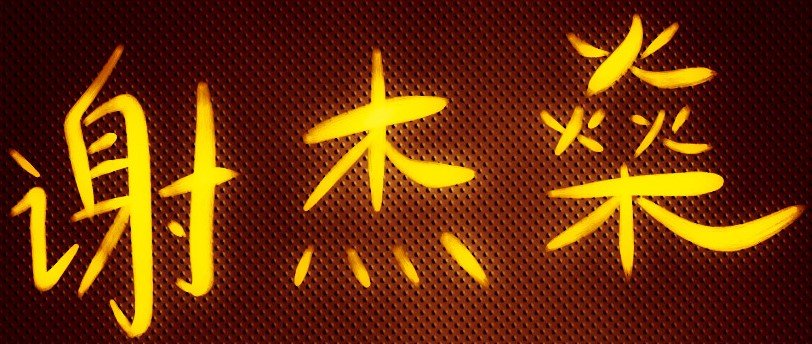
I’d never known my grandfather. He passed away after shortly after I was born. Nonetheless, he lives on in my father’s stories. One of them was about how he befriended a group of gangsters.
In the early 1980s, the Cheah family operated two shophouses in Singapore, specialising in curtains and interior design. My grandfather ran the main office in Rocher, while my father operated the secondary branch in Bugis. While business was brisk, a secret society roamed the Rocher area. Haunting the coffee shop across the road from my grandfather’s shop, they preyed on business owners in the area.
One day, at ten in the morning, a member of the secret society stormed my grandfather’s shop and demanded protection money. My grandfather called my father and explained the situation.
“Tell him to come back at two o’clock,” my father said.
As my grandfather made his excuses, my father contacted a family friend. A friend who was an inspector in the Criminal Investigation Department.
The police swung into action. At one in the afternoon, they laid an ambush around my grandfather’s shop. At two pm, the gangster returned, and once again demanded money.
The police swooped in.
Within moments, the suspect was in custody. The police transported the gangster to a police station, and the inspector put the screws to him. The inspector threatened to charge the suspect under the Criminal Law (Temporary Provisions) Act, which allowed the police to arrest and detain a suspect without trial.
But my grandfather refused to press charges.
“I see the gangsters every day in the coffee shop across the road,” my grandfather explained. “If you catch one, I die. But if you give him face, they all become my friends.”
The police tried to persuade my grandfather to press charges, but he stood firm. In the end, the cops had no choice but to release the suspect.
The following day, my grandfather went to the coffee shop across the road. The gangsters were all there. Catching sight of them, they got out of their seats, approached him–
–And bowed and scraped before him.
“Thank you Uncle!” they cried.
“You very good, Uncle!” their headman added.
As they praised and feted him, my grandfather addressed the gang.
“This time, I can let you go. But next time, no more chances.”
From that day forth, the gang never bothered my grandfather again. His shop was the only shop on the street that never had to pay protection money to the gangsters. He also continued to enjoy his morning coffee at the coffee shop, this time in the company of the secret society.
As he wrapped up the tale, my father concluded with a piece of advice.
“When dealing with gangsters, you must give them face. You must give them a way out.”
If my grandfather had given in to the initial demand, the gangsters wouldn’t stop coming. At the same time, pressing charges against the sole gangster would have courted disaster. The police could not be everywhere at once, and the other gangsters already knew where my grandfather lived and worked. Had he pressed charges, the rest of the secret society would be honour-bound to take revenge. By choosing mercy, he placed the entire gang in his debt, transforming them into friends.
This is a principle of power. Crush your enemies utterly, then give them a way out. They would be so grateful to you, they would become a staunch ally, and never turn on you again. Utilised by generals and princes and politicians throughout history for much higher stakes, my grandfather deployed this strategem to safeguard the family.
You may not ever need deal with gangsters in your lifetime, but should you find yourself in a similar position, always remember that ruthlessness must be tempered with mercy.
—

If conspiracies, combat, politics and fantasy is up your alley, check out my latest novel Hammer of the Witches.
To stay updated on stories and promotions, sign up for my newsletter here.
Leave a Reply